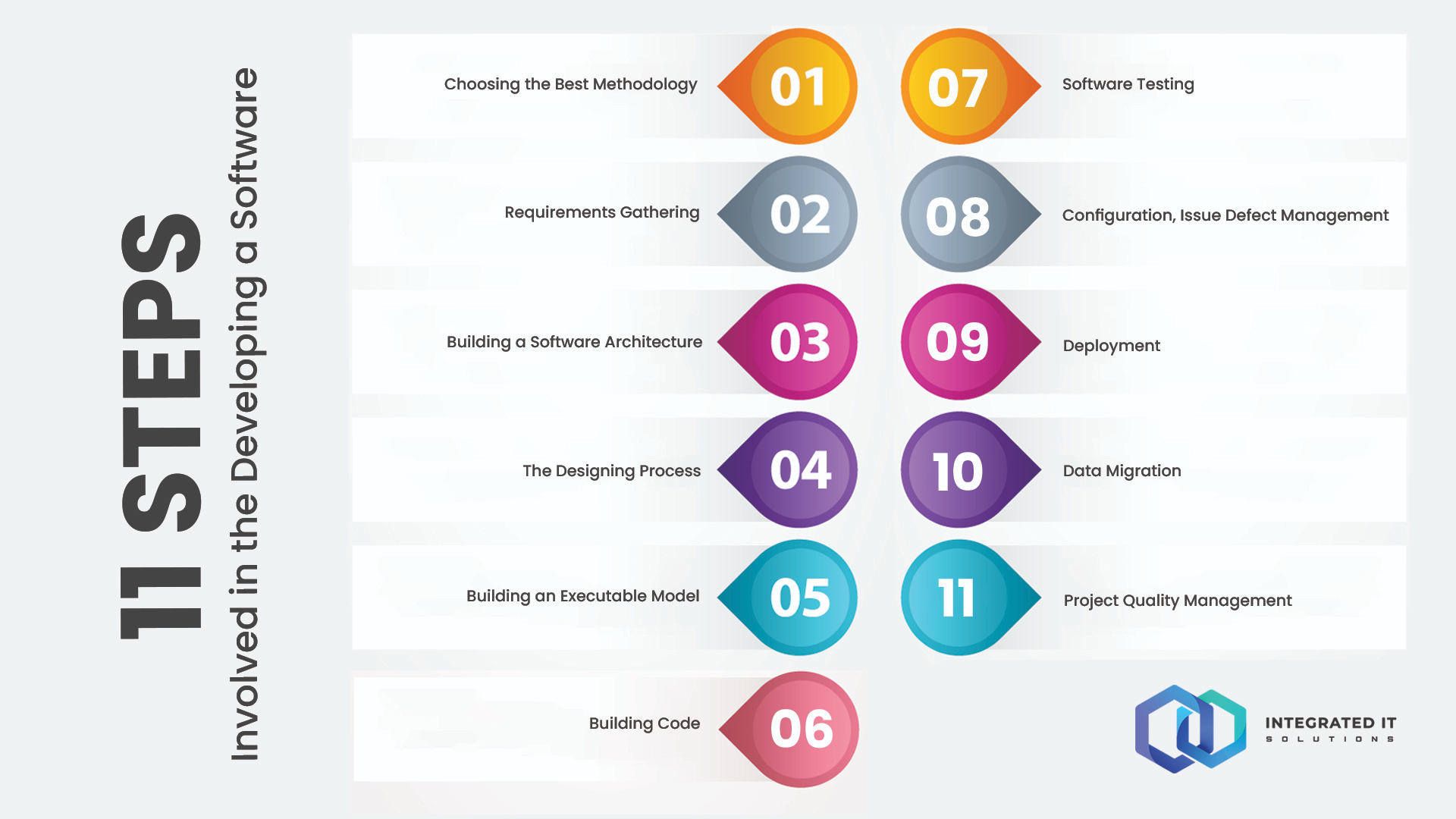In the rapidly evolving landscape of software development, staying updated with the most effective tools is not just an advantage; it’s a necessity. As we are in 2024, the digital transformation is accelerating, driven by advancements in AI, cloud computing, and continuous integration/continuous delivery (CI/CD) methodologies.
For developers and companies aiming to stay ahead of the curve, leveraging top-tier tools can mean the difference between leading the market or lagging.
In this comprehensive guide, we’ll explore the top 10 software development tools you should be using in 2024, detailing how they can enhance your productivity and streamline your development processes.
Software Development Tools for 2024
As we look ahead, the software development landscape continues to evolve with exciting new tools designed to enhance efficiency and innovation. Here are some of the essential software development tools that every developer should consider integrating into their workflow:
1. GitHub
GitHub remains the cornerstone for version control and collaboration. Its continuous updates and integration with various CI/CD tools make it indispensable. In 2024, GitHub is expected to enhance its automation features, making code collaboration and review even smoother.
2. Jira
For project management, Jira continues to stand out with its robust features that support agile projects, including scrum and kanban boards. Its ability to integrate with a multitude of tools makes it essential for tracking complex software development projects.
3. Visual Studio Code (VS Code)
VS Code is a lightweight, powerful source code editor that supports a multitude of programming languages natively. Its real strength lies in its vast ecosystem of extensions, enabling features like IntelliSense code completion, debugging, and direct GitHub integration.
4. Docker
Docker simplifies the deployment of applications inside software containers, ensuring consistency regardless of the environment. This tool is crucial for developers who need to create predictable and efficient systems across different development and staging environments.
5. Jenkins
An open-source automation server, Jenkins allows developers to automate the different stages of their development process. Jenkins excels in CI/CD and is highly customizable, supporting a broad range of plugins.
6. Kubernetes
As containerization becomes more prevalent, Kubernetes is the go-to orchestration tool. It handles the scalability and deployment of containerized applications and works impeccably with Docker, providing a comprehensive ecosystem for managing microservices.
7. GitLab
GitLab offers a single application for the entire software development and operations lifecycle. Its CI/CD capabilities are integrated into the application itself, streamlining workflows from planning to monitoring, without the need for third-party services.
8. Postman
Postman has emerged as a vital tool for developers working with APIs. It simplifies the creation, testing, and management of APIs, providing an intuitive user interface for sending requests, viewing responses, running automated tests, and even simulating API behavior.
9. Slack
Communication is key in software development, and Slack provides a dynamic platform that integrates with a vast number of development tools. Its real-time messaging, file sharing, and searchable message history features keep teams connected and productive.
10. Sentry
Sentry is an open-source error-tracking tool that helps developers monitor and fix crashes in real-time. It’s an invaluable tool for maintaining the quality of applications post-deployment, offering insights into errors that could affect user experience.
Integrating These Tools
Incorporating these tools into your development process can significantly enhance productivity and project outcomes. By automating mundane tasks, facilitating collaboration, and providing deep insights into your applications, these tools empower developers to focus more on creating innovative solutions and less on troubleshooting.

Conclusion: Drive Your Development Forward
Embracing these software development tools can transform your software development lifecycle, making it more efficient, collaborative, and innovative. As we move into 2024, staying equipped with the best tools in the industry is crucial.
If you’re looking to accelerate your software development process, enhance productivity, and build high-quality applications, it’s time to consider integrating these top tools into your workflow.
Ready to elevate your software development strategy? Contact us at Integrated IT Solutions, where we empower businesses with cutting-edge software solutions tailored to your unique needs. Let’s build something great together. Visit our website to get started!
FAQs
Q1. What makes CI/CD tools essential for modern software development?
CI/CD tools automate the software delivery process, ensuring that the integration and deployment of new code changes are seamless, rapid, and less prone to errors. This not only speeds up the development cycles but also helps in maintaining high quality and consistency across builds.
Q2. How does containerization benefit software development?
Containerization helps encapsulate a software’s code, configurations, and dependencies into a single object across different environments. This means developers can focus on writing code without worrying about the environment it runs in, leading to fewer compatibility issues and a smoother development process.
Q3. Why is Kubernetes considered the best orchestration tool for containers?
Kubernetes not only automates the deployment and scaling of containerized applications but also efficiently manages their load balancing and networking. It is highly resilient, allowing for automatic failover and recovery, which is crucial for maintaining high availability and performance.
Q4. Are these tools suitable for all sizes of businesses?
Yes, these tools scale very well for businesses of all sizes. Smaller teams can benefit from improved efficiency and reduced development times, while larger organizations can manage complex projects with greater visibility and control.
Q5. How often should I update my development tools?
It’s advisable to review and potentially update your tools at least annually. This ensures that you’re taking advantage of the latest features, security updates, and integrations available, keeping your development practices modern and efficient.
Q6. How can integrating AI into software development tools improve the development process?
Integrating AI into software development tools can significantly enhance the development process by automating complex tasks, improving decision-making, and accelerating problem-solving. AI can assist in code generation, optimize test cases, predict potential bugs, and offer smart suggestions to improve code quality.
This not only speeds up the development cycle but also reduces the workload on developers, allowing them to focus on more creative and strategic aspects of software development.




